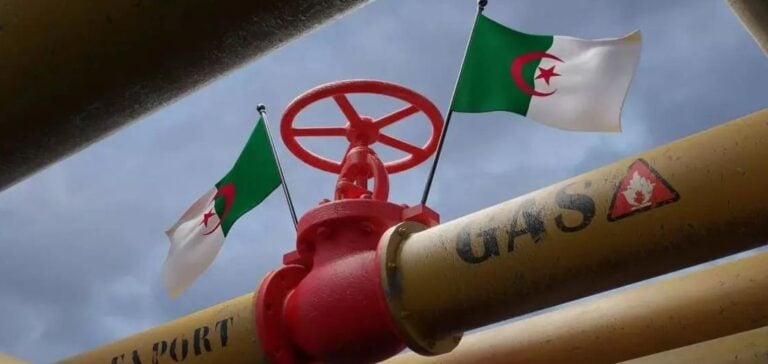Algeria’s state-owned oil and gas group Sonatrach and US giant ExxonMobil have announced the signing of a memorandum of understanding to develop hydrocarbon resources in two gas fields in southern Algeria. The agreement, signed in Algiers by Sonatrach CEO Rachid Hachichi and John Ardill, ExxonMobil Vice President Exploration and New Opportunities, aims to explore existing opportunities in the Ahnet and Gourara basins.
Opportunities and prospects
This strategic agreement focuses on operational excellence, technological innovation and respect for the environment. The two companies plan to study opportunities for the development of hydrocarbon resources, without revealing investment amounts or potential gas field reserves. According to Hachichi, this agreement opens up new prospects for the Algerian mining sector and testifies to Sonatrach and ExxonMobil’s commitment to the responsible and sustainable exploitation of natural resources.
Background and challenges
The partnership between Sonatrach and ExxonMobil comes at a time when Algeria is seeking to attract foreign investment to exploit its vast gas reserves. Back in June 2023, the Wall Street Journal reported on advanced negotiations between Sonatrach and US giants Exxon and Chevron to exploit the country’s conventional and shale gas reserves. The exploitation of shale gas, controversial because of the environmental impact of hydraulic fracturing, is part of the discussions to maximize Algeria’s energy potential.
Expertise and technology
ExxonMobil brings its leading-edge hydrocarbon exploration and development capabilities to this partnership. John Ardill, ExxonMobil representative, stressed that this agreement is an important first step towards a partnership that will help to further unlock Algeria’s resource potential. The emphasis will be on technological innovation to ensure efficient, environmentally-friendly operation.
Future prospects
Future studies under this MoU will determine the best approaches for developing hydrocarbon resources in the Ahnet and Gourara basins. The success of this partnership could strengthen Algeria’s position in the global energy market and attract more foreign investment to the sector.
The memorandum of understanding signed between Sonatrach and ExxonMobil marks the start of a promising collaboration for the development of Algeria’s gas resources. By combining local expertise and advanced technology, this partnership aims to exploit the country’s vast hydrocarbon reserves in a responsible and sustainable way, opening up new prospects for the Algerian energy sector.






















